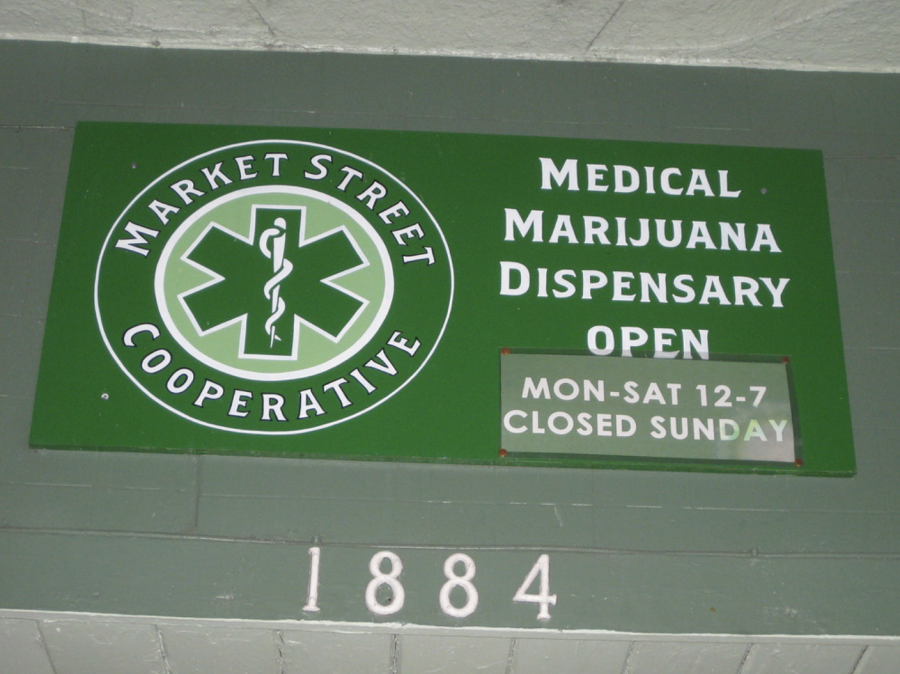Four More States Have Legalized Recreational Marijuana, Oregon Becomes The First To Decriminalize All Drugs
December 2, 2020
The presidential election was the focus of November 3rd, but for many Americans the legalization of recreational marijuana and other drugs was on the ballot as well. New Jersey, Montana, Arizona, and South Dakota passed laws that effectively legalized recreational marijuana for adults over 21, bringing the amount of states with legal recreational use to 15 and the amount of states with legal medical use to 36.
Cannabis and cannabis by-products are expected to bring in large amounts of capital for the states that legalize adult use, creating space for a booming new economy. In fact, the booming marijuana industry could soon be greater than the GD
P of 9 US states. In 2016, Colorado reported that they had brought in $200 million dollars in taxes solely from marijuana sales, most of which went to public schools.
However, with the legalization of cannabis comes the inevitable marketing and advertising of paraphernalia, which some argue is unethical. Concerns have arisen over edibles (forms of marijuana converted into some form of food) in forms of cookies or candy, which some say might appeal to children. In Rhode Island, law enforcement and legislators alike have expressed concerns over the ability to prosecute and identify people under the influence. Rhode Island attorney general, Peter F. Kilmartin, remains opposed, saying, “This is not a decision that should be made lightly, it must be made with a full understanding of the complications of regulating a new industry, its effect on our youths’ development, what impact it will have on our future workforce, the public health implications.”.
The state of Oregon, however, has taken it one step further and decriminalized the use of all drugs, including Cocaine, Methamphetamine, and Heroin. Unlike legalization, decriminalization means that the possession of these drugs will remain illegal. However, a person will not be prosecuted for possession. In Oregon, possession of drugs has been dropped from an offense to a violation or misdemeanor, similar to a traffic ticket. The state will also use the tax money from all marijuana sales to fund drug addiction rehabilitation centers.
To understand why a state would make the decision to decriminalize all drugs, many are looking to the European nations that have made radical choices regarding drug legalization. Portugal had a drug overdose epidemic until they became the first nation to decriminalize the possession and consumption of illicit substances. After these measures were put in place, Portugal saw a dramatic decrease in HIV/AIDs infections and a decrease in drug related crimes. America’s approach to the “war on drugs” has historically diverged from Portugal’s progressive approach, but Oregon is looking to forge their own path.
Disclaimer: This article pulls upon coverage from The New York Times, The Los Angeles Times, and The Guardian.



